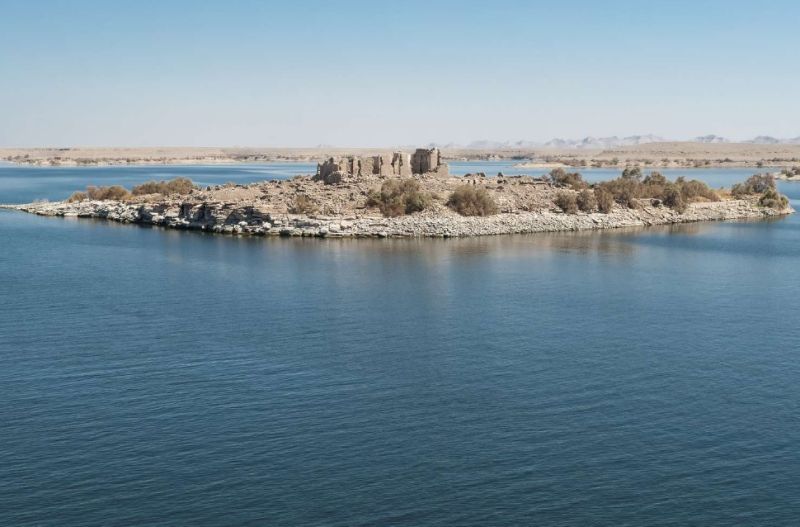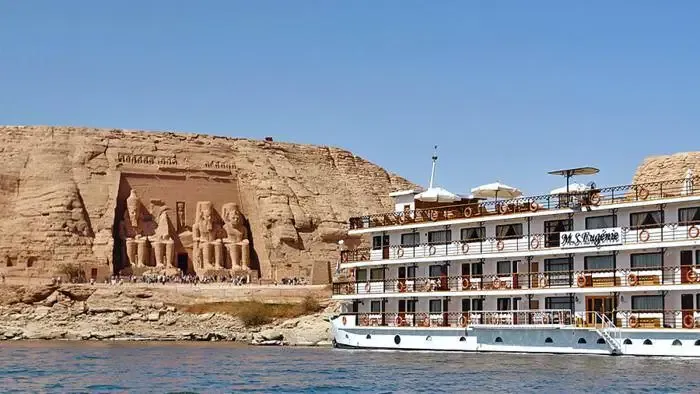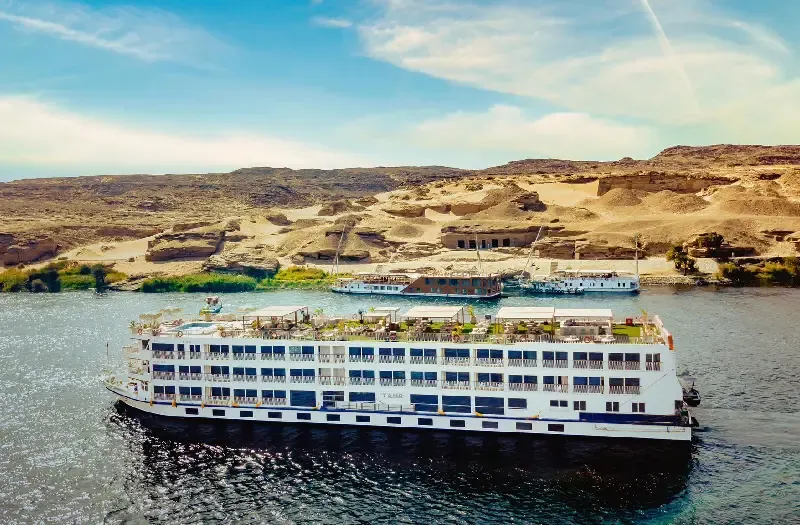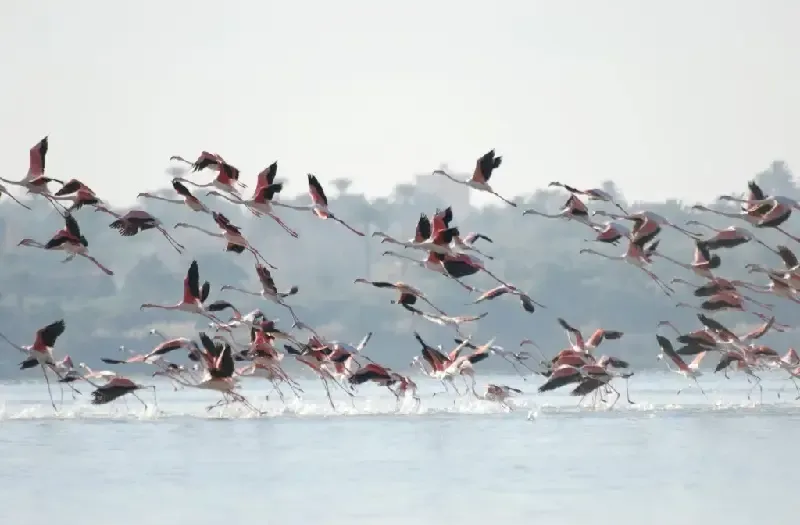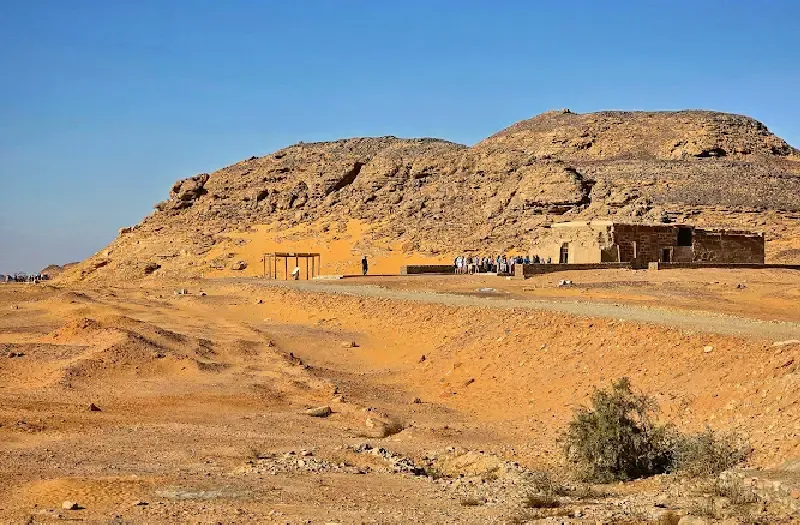Introduction: Why Lake Nasser Should Be on Your Bucket List
If you’re seeking an off-the-beaten-path destination rich in history, stunning natural beauty, and thrilling adventure, Lake Nasser or Lake Nubia should be at the top of your travel list. Nestled in southern Egypt and stretching across the Sudanese border, Lake Nasser is one of the world's largest man-made lakes. Formed by the construction of the Aswan High Dam in the 1960s, this serene water body has become a sanctuary for rare wildlife, a treasure trove of ancient Nubian temples, and a paradise for anglers and nature lovers.
Unlike Egypt's more tourist-heavy attractions, Lake Nasser offers a tranquil escape with unspoiled landscapes, awe-inspiring archaeological sites, and a unique opportunity to experience Egypt's timeless desert culture. Whether you're dreaming of a luxury cruise, planning a fishing expedition, or looking to explore ancient monuments, this hidden oasis has something for every traveler.
In this comprehensive guide, we'll dive deep into everything Lake Nasser has to offer. From must-see temples and cruises to fishing tours and travel tips, you’ll discover why Lake Nasser is Egypt's best-kept secret.
The Origin and Significance of Lake Nasser
The Story Behind the Creation of Lake Nasser Known as Lake Nubia
Lake Nasser was born out of necessity and ambition. Constructed between 1958 and 1971, the Aswan High Dam was a monumental project aimed at controlling the Nile's seasonal flooding, generating hydroelectric power, and storing water for agriculture.
Named after Egypt's former President Gamal Abdel Nasser, the lake stretches over 340 miles in length and spans nearly 5,250 square kilometers. About two-thirds of the lake lies within Egypt, while the rest extends into northern Sudan.
The Environmental and Cultural Impact
The creation of Lake Nasser led to the relocation of over 100,000 Nubians and the submergence of countless historical sites. However, international efforts helped rescue and relocate key monuments, including the breathtaking Abu Simbel Temples.
Today, Lake Nasser represents not just a feat of engineering but a vital lifeline for Egypt's ecosystem and economy. It supports agriculture, sustains local fishing communities, and serves as a thriving tourism destination.

